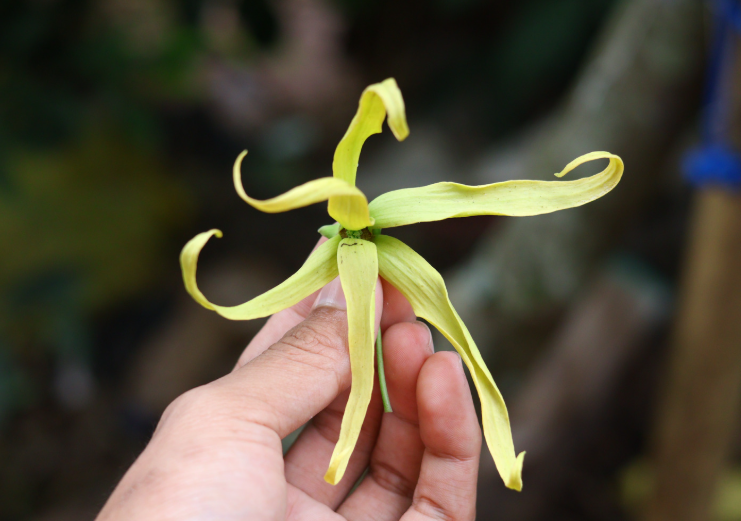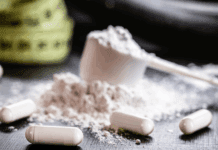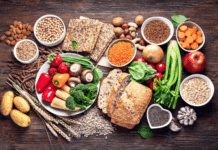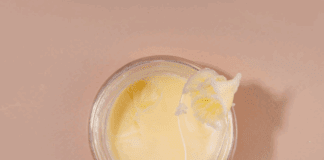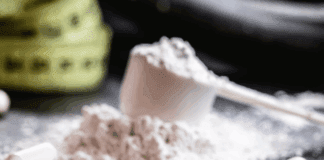If you’re searching for a herbal tea that goes beyond flavor, ylang ylang tea is worth your attention. Known for its delicate, sweet aroma, this tea is more than just a pleasant drink-it’s a tradition rooted in tropical cultures and a potential ally for your well-being.
What Is Ylang Ylang Tea?
Ylang ylang tea is made from the dried petals of the Cananga odorata tree, a tropical plant native to countries like the Philippines, Indonesia, and Malaysia. The tree’s blossoms are famous in perfumery, but when dried and steeped, they create a tea that’s both aromatic and soothing.
Ylang Ylang Tea Benefits: What Does the Science Say?
Calming Effects and Stress Support
One of the standout benefits of ylang ylang tea is its ability to help you relax. The flowers contain linalool, a compound also found in lavender, which is known for its calming properties. Many people find that sipping this tea at the end of a stressful day helps ease tension and quiet the mind.
Blood Pressure and Heart Health
Some research suggests that ylang ylang tea may help lower blood pressure. Its natural compounds can gently relax blood vessels, supporting healthy circulation. While it’s not a replacement for prescribed medication, it may complement a heart-healthy lifestyle.
Mood Enhancement and Sleep Support
The floral scent of ylang ylang tea isn’t just pleasant-it may also lift your mood. The tea’s mild sedative effects can help with winding down in the evening, making it a thoughtful choice for those who struggle to fall asleep.
Caffeine-Free Comfort
Ylang ylang tea is naturally free of caffeine, so you can enjoy it any time of day without worrying about jitters or sleeplessness. This makes it a gentle option for those sensitive to stimulants.
How to Brew Ylang Ylang Tea

Making ylang ylang tea is simple:
-
Use one teaspoon of dried ylang ylang petals per cup.
-
Pour freshly boiled water over the petals.
-
Let steep for 5 to 10 minutes.
-
Strain and enjoy.
For a unique twist, try blending it with other calming herbs like chamomile or lemon balm.
Incorporating Ylang Ylang Tea Into Your Routine
You can enjoy ylang ylang tea in several ways:
-
As a morning ritual to start your day on a calm note.
-
As a midday break to reset and refocus.
-
As part of a bedtime routine to encourage restful sleep.
Sustainable Sourcing and Ethical Choices
When buying ylang ylang tea, look for products labeled as organic or Fair Trade. Supporting small-scale farmers helps ensure that your tea is grown with respect for both people and the environment.
Medical Considerations
Ylang ylang tea is generally considered safe for most people. However, if you are pregnant, breastfeeding, or taking medication, it’s wise to consult your healthcare provider before adding new herbal teas to your regimen.
In summary:
Ylang ylang tea offers a blend of sensory pleasure and potential health benefits, from stress relief to gentle support for heart health. By choosing ethically sourced tea and making it part of your wellness routine, you can enjoy both its flavor and its calming effects.
References
-
National Institutes of Health / National Library of Medicine (NIH/NLM) – PubMed Central
-
Effect of Ylang-Ylang (Cananga odorata) Essential Oil: Anxiolytic, Antidepressant, and Anti-inflammatory Properties
This peer-reviewed article discusses the calming, anti-inflammatory, and potential mood-supportive effects of ylang ylang essential oil, which are relevant to the benefits of ylang ylang tea.2 -
Essential Oil Inhalation on Blood Pressure and Emotional Relaxation
This study demonstrates that ylang ylang, among other essential oils, can help lower blood pressure and promote emotional relaxation, supporting claims about cardiovascular and mood benefits.3 -
Therapeutic Effect and Mechanisms of Essential Oils in Mood Disorders
This review covers the anxiolytic (anxiety-reducing) and antidepressant effects of ylang ylang and other essential oils, with evidence for stress relief and mood enhancement.4 -
Traditional Uses, Phytochemistry, and Bioactivities of Cananga odorata (Ylang-Ylang)
This article details the traditional and modern uses of ylang ylang, including its role in managing stress, blood pressure, and mood, and provides an overview of its bioactive compounds.6 -
Evaluation of Placental Toxicity of Five Essential Oils and Their Key Components
This research discusses safety considerations for essential oils, including ylang ylang, especially in sensitive populations such as pregnant women.
-
This article is for informational purposes only and is not a substitute for professional medical advice. Always consult your healthcare provider about new additions to your wellness plan.


